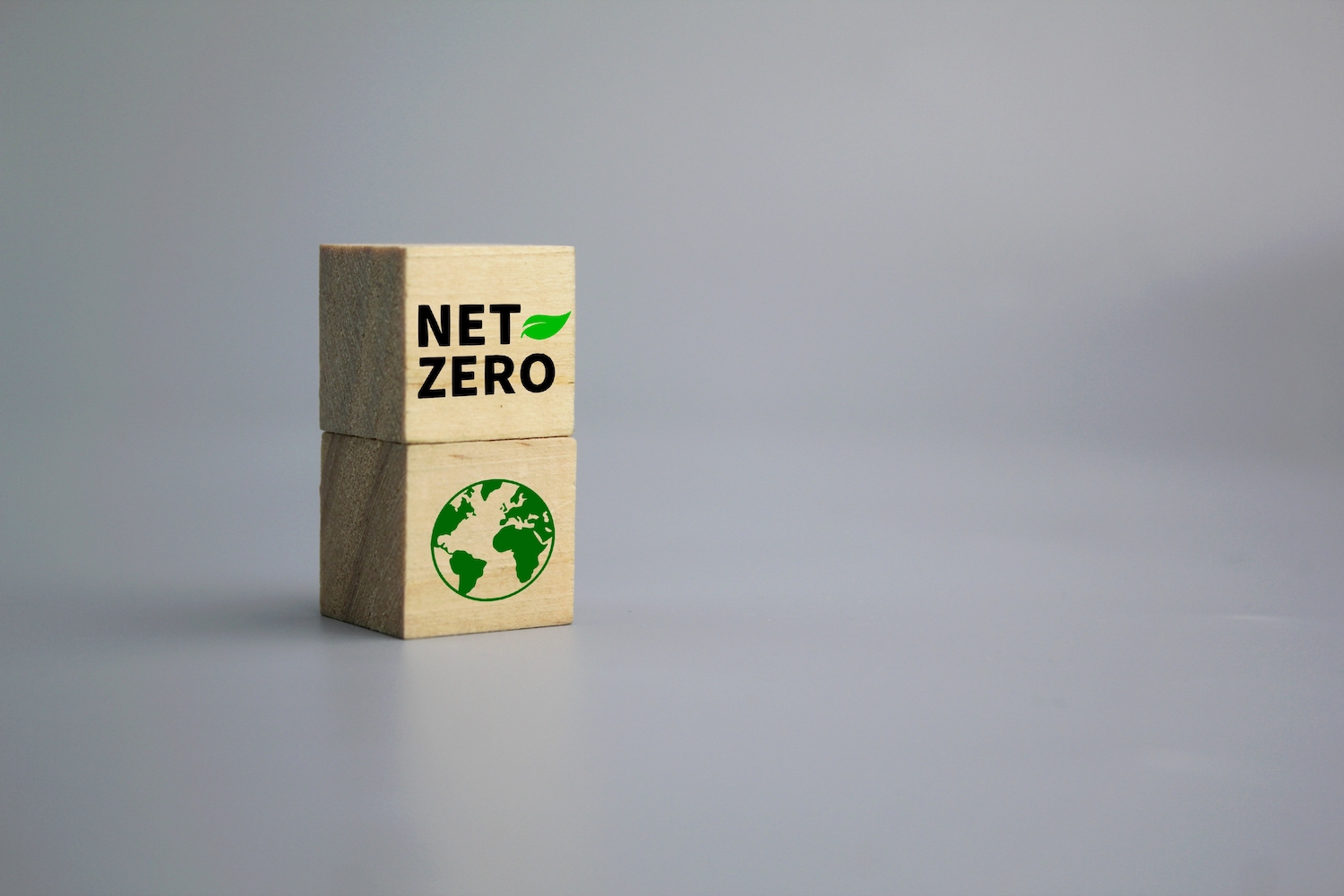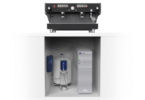The EU has set ambitious reductions targets of net-zero greenhouse gas emissions by 2050. Meeting these targets depends, in part, on the availability of reliable and cost-effective technologies.
With this challenge in mind, we are pleased to announce the launch of the EU funded project, UP-TO-ME, Unmanned-Power-to-Methanol-production – in November last year. The ambitious goal of the UP-TO-ME project is to develop a breakthrough and game-changing technology that uses, and upgrades decentralised CO2 point-sources (e.g., from anaerobic digestion and wastewater treatment plants) to produce renewable fuels.
The UP-TO-ME concept is based on a hybrid process which combines the capture of CO2 with the synthesis to methanol in a fully autonomous, unmanned plant. The process comprises 3D-printed reactors and column packings designed using highly advanced Computational Fluid Dynamics. The fully automated, self-learning and self-optimising control system allows production of methanol at fluctuating conditions by combining dynamical plant models and artificial intelligence. The aim of UP-TO-ME to provide self-optimising control even for off-grid-operation is very challenging and has not yet been achieved anywhere for comparable plants. The ability of a remote plant to adapt itself to varying boundary conditions such as availability of renewable energies (e.g., from weather forecasts) or on the availability of CO2 from a fluctuating source will open unforeseen possibilities for distributed production.
Successful realisation of this project requires a strong interdisciplinary approach. An international consortium has been formed with specialists in process technologies (VTT, KIT, Global Omnium), material science (VTT, KIT), automation (KIT), process- and CFD-modeling cloudfluid, KIT, VTT), marine propulsion (Aristotle University of Thessaloniki, VTT), techno economic assessment/life cycle analysis- calculation (Aristotle University of Thessaloniki) as well as dissemination and exploitation activities (ISLE). A spin off-company that would build on the successful realisation of the project (ICODOS) is currently being founded at KIT.
The consortium is ready to target a ground-breaking change in decentralised Power-to-Methanol production for hard to electrify applications such as marine vessels. This is based on novel material and production technology; autonomous operation enhanced by artificial intelligence and fully integrated processes and will enable the use of CO2 from point sources utilising locally available renewable energy making small scale production of methanol economically competitive for the first time.
Matti Reinikainen (VTT Project Coordinator) said:
“VTT is proud to coordinate the UP-TO-ME-project which is a perfect fit to VTT’s strategy where we aim at bringing together people, science and technology to solve the world’s biggest challenges. UP-TO-ME consortium is utilising the newest manufacturing, modelling, automation and machine-learning innovations for novel processes and concepts which will eventually develop to sustainable products for European industry creating growth, jobs and wellbeing.”
Leonidas Ntziachristos (Aristotle University of Thessaloniki) said:
“The new process is going to produce renewable methanol which will undergo extensive experimental testing of its suitability for marine fuel. This work will form an excellent basis for European standardisation of a new fuel which is necessary for its wider adoption which will help shipping sector to substantially reduce its GHG emissions. Additionally, the Life Cycle Analysis will quantify and justify the reductions in terms of Primary Energy Demand, Greenhouse Gas emissions and environmental impact of the UP-TO-ME process compared to current procedures in the shipping sector. Successful Proof of Concept after the conduction of a case study in the Greek Archipelago will improve the livelihood of sparsely populated and remote areas like the dispersed Greek islands in which biogas utilization is currently limited while excess renewable electricity often goes wasted due to the absence of consumers, especially during the winter months. In addition, new business opportunities will appear in these areas along with high specialised employment vacancies to support this technology.”
Max Gaedtke (cloudfluid) said:
“cloudfluid is very excited to contribute fluid dynamics insights and digital prototyping to the UP-TO-ME project. We will leverage high fidelity computational fluid dynamics (CFD) to understand, improve, and accelerate the development of 3D metal printed reactor columns. Given the expanded design freedom provided by additive manufacturing, but the yet limited knowledge of the performance of these designs, it is critical to be able to digitally evaluate the respective design’s performance in advance. We look forward to helping contribute to a more resource-efficient type of shipping in the long run with this project!
cloudfluid’s Lattice Boltzmann Method (LBM) based solver uses high performance GPUs in the cloud to make computational fluid analysis faster and more accurate, while reducing the carbon emissions of the computations themselves, by executing our innovative algorithms on highly efficient hardware. Therefore, we aim at providing CO2 -neutral simulations by the end of this year through compensating for irreducible emissions.”
Feliu Sempere Nácher (Global Omnium) said:
“We are sure that this project is a real good opportunity and example of the transition that WWTPs are experiencing towards becoming resource recovery facilities. In UP-TO-ME biofuel production will be diversified and increased by biogas upgrading to biomethane. This will allow grid injection to the natural gas pipeline at the same time that the CO2 content removed will be valorised into green methanol. Methanol can also intensify synergies with other sectors, since besides evaluating its suitability as a marine fuel within the project, methanol is a precursor of different chemical commodity of usage in strategic sectors, hence, circularity and bioeconomy can also be potentially fostered. Therefore, we expect a high impact of the UP-TO-ME results in WWTP operation and synergies with other sectors.”
Blanca Antizar (ISLE) said:
“UP-TO-ME communication, dissemination and exploitation strategy for a fast integration of innovative UP-TO-ME solutions into the market will provide new business models for anaerobic digestion and wastewater treatment plants, reinforcing EU competitiveness, sustainability, resources efficiency and resource security, boosting the cooperation between researchers, biogenic CO2 emitters and end-users of the project results. We will align with the EU Green Deal to reach the objective of the EU to be climate-neutral by 2050 and promote a circular economy scenario to be widely replicated.”
Francisco Vidal (KIT ICODOS)) said:
“In UP-TO-ME, The KIT is aiming for the proof-of-concept of a first-its-kind fully-automated Power-to-Methanol plant. This is a critical development for enabling decentralised production of renewable fuels and chemicals and thus, a step closer towards reaching a circular economy.”
Get in touch to submit an article to H2O Global News.







